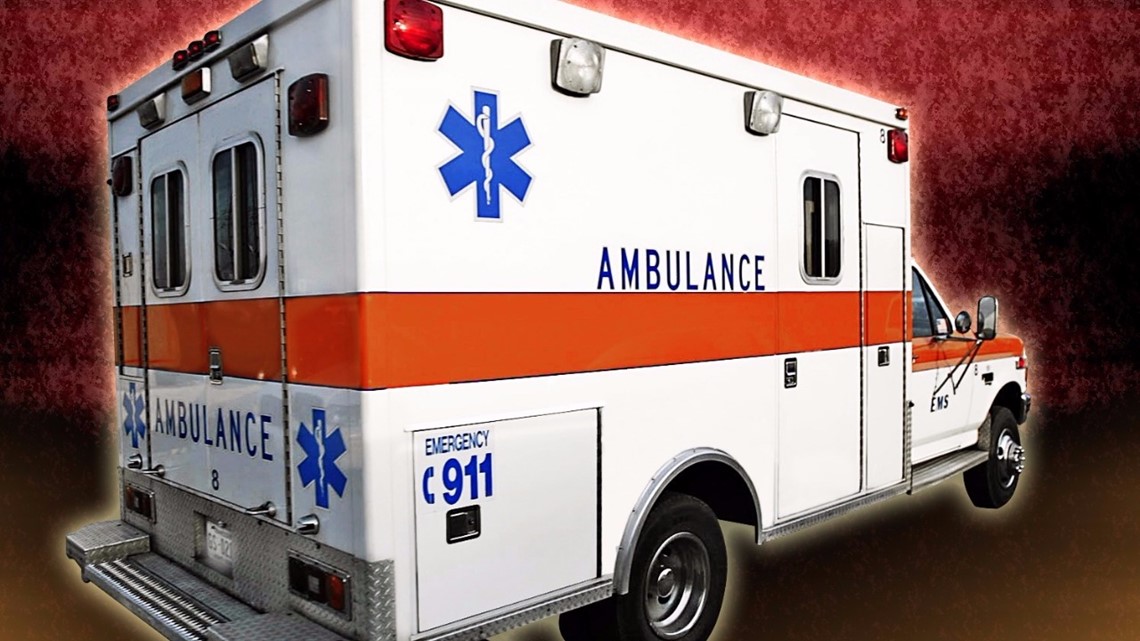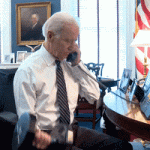- Joined
- Aug 6, 2019
- Messages
- 15,086
- Reaction score
- 6,810
- Location
- Bridgeport, CT
- Gender
- Male
- Political Leaning
- Libertarian - Right
"Everything government touches turns to shit." -- ancient proverb
The current US healthcare system is an extremely expensive mess. Not because of capitalism or the profit motive, but because of government regulation. The US healthcare industry is chock full of labor cartels, special interest groups, and monopolies, which financially ass-rape sick and dying Americans. The political left focuses on insurance companies, when the real problem is with the providers being in bed with the state. In this series of posts, I am going to document why healthcare is so expensive in the US. Note also for you progressive "universal healthcare" types, no single payer system can work with these prices.
Part 1 Ambulance monopolies
The rip off begins with your ride to the price-gouging hospital. Companies which provide emergency services lobby for EMS monopolies, and they are everywhere:


 www.ocregister.com
www.ocregister.com
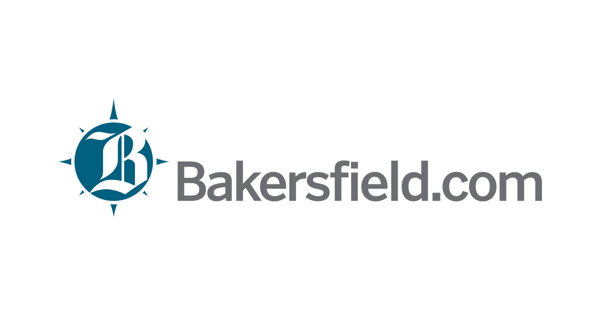
 www.bakersfield.com
www.bakersfield.com
Good luck looking to the courts to end the practice:
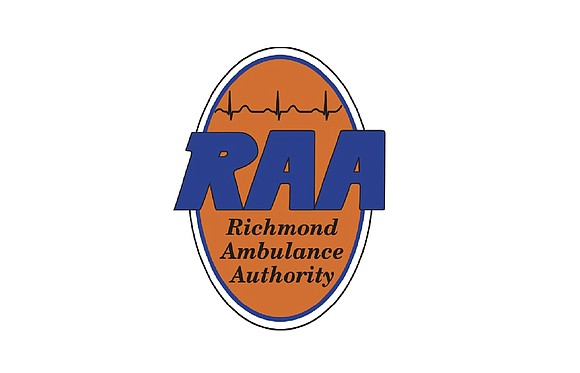
 richmondfreepress.com
richmondfreepress.com
There are even defacto monopolies for just transferring patients in non-emergency situations:
Without market competition, these companies can charge whatever they want:
This disastrous situation is caused entirely by government intervention and regulation.
The current US healthcare system is an extremely expensive mess. Not because of capitalism or the profit motive, but because of government regulation. The US healthcare industry is chock full of labor cartels, special interest groups, and monopolies, which financially ass-rape sick and dying Americans. The political left focuses on insurance companies, when the real problem is with the providers being in bed with the state. In this series of posts, I am going to document why healthcare is so expensive in the US. Note also for you progressive "universal healthcare" types, no single payer system can work with these prices.
Part 1 Ambulance monopolies
The rip off begins with your ride to the price-gouging hospital. Companies which provide emergency services lobby for EMS monopolies, and they are everywhere:

County continues '21-year monopoly' for private ambulance providers
This is the second time that Palm Beach County declined to add a third private ambulance provider, despite recommendations by the county’s Emergency Medical Services Advisory Council.
www.palmbeachpost.com

City’s ambulance monopoly illegal, lawsuit contends
HUNTINGTON BEACH – An ambulance company has filed a federal lawsuit against Huntington Beach, alleging that the city maintains an “illegal monopoly” over emergency services. In a …

State rule threatens local ambulance monopoly
Ambulance companies in Kern County are preparing to battle a proposed state guideline "clarification" that threatens their control over swaths of business turf they own exclusively under county rules.
Good luck looking to the courts to end the practice:

Federal judge upholds city ambulance monopoly
Richmond has won its legal fight to maintain a monopoly over providing emergency and non-emergency ambulance service after Richmond City Council forced Mayor Levar M. Stoney’s administration to mount a vigorous defense.
There are even defacto monopolies for just transferring patients in non-emergency situations:
While Truesdell can take customers into Kentucky, he cannot pick them back up. Under Kentucky law, ambulance providers must obtain a state-issued certificate of need to transport clients around and out of the state. A certificate of need requires would-be ambulance companies to convince state regulators there is a “need” for their service. But demonstrating “need” is nearly impossible. Usually, an entrepreneur demonstrates it’s needed by throwing open their doors and allowing the market to decide. As you’d expect, existing ambulance companies weren’t happy to see Truesdell growing his business on their turf.
Kentucky requires entrepreneurs to prove “by a preponderance of the evidence” in advance of operating that the market will sustain them.
Worse, part of demonstrating “need” requires proving that you won’t take away business from existing ambulance providers. Those incumbent companies may also protest the application and show up at a hearing to offer evidence that the new company isn’t “necessary.” Because certificate of need laws essentially give existing businesses the power to exclude new competition, they are sometimes described as a “competitor’s veto.”
This Entrepreneur Is Suing for the Right to Transport Hospital Patients Across State Lines | Mollie Williams
When Phillip Truesdell spotted an ambulance with a “For Sale” sign sitting on the side of the road, he saw an opportunity—and turned the single ambulance into a fleet that completes 1,500 trips a year. Existing ambulance companies weren’t happy and used an obscure law to deny his work...fee.org
Without market competition, these companies can charge whatever they want:
Unsuspecting, I ripped it open only to instantly feel my stomach knot up and my pulse shoot through the roof. It said I owed them $3,532 for our daughter’s 20-minute ride to the hospital. What?!

The Cost Of Calling An Ambulance And The Nightmare That Ensued
There is nothing scarier than being in a situation where you have to call 911 in fear of losing someone's life. I've dialed those digits two times in my life. Both times I was scared sh-tless. Little did I know that the second call would lead me to a 10+ month-long surprise ambulance bill nightmare.www.financialsamurai.com
One patient got a $3,660 bill for a 4-mile ride. Another was charged $8,460 for a trip from one hospital that could not handle his case to another that could. Still another found herself marooned at an out-of-network hospital, where she’d been taken by ambulance without her consent.
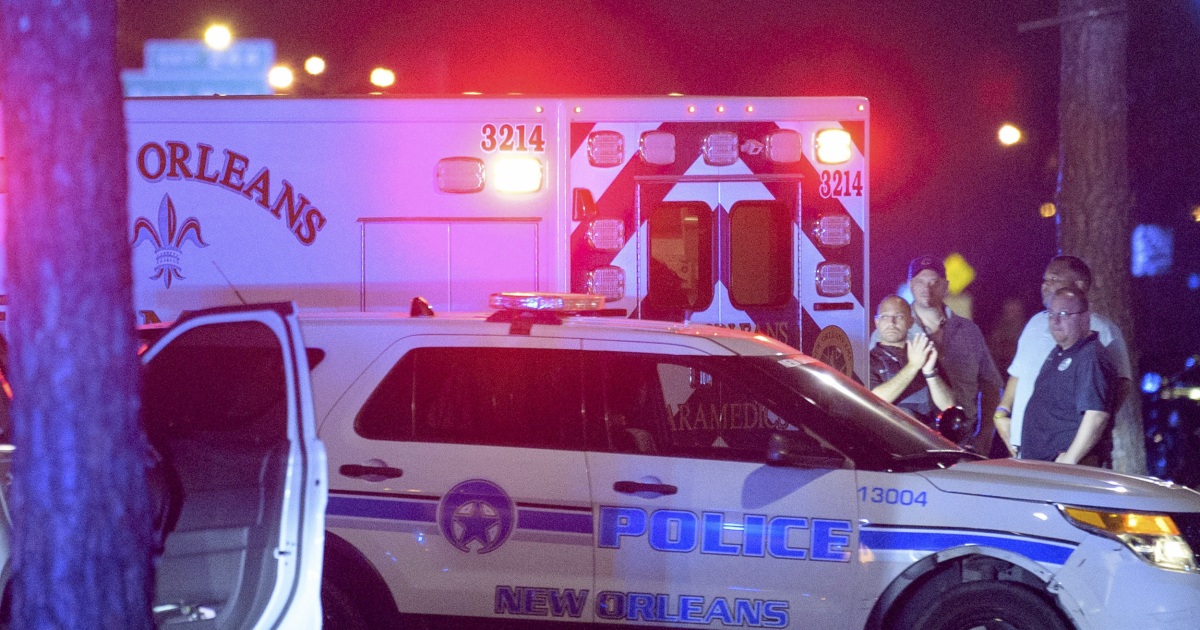
Taken for a ride? Ambulances stick patients with surprise bills
Public outrage has erupted over surprise ambulance medical bills prompting 21 states to pass laws protecting consumers in some situations.www.nbcnews.com
The school nurse checked Brasfield’s pulse, found it too fast to count and called 911 for an ambulance. Soon after the May 2018 incident, Brasfield, now 39, got a $1,206 bill for the 4-mile ambulance ride across the northwestern Ohio city of Findlay – more than $300 a mile.

'Surprise' bills from ambulances deal a costly blow. Patients need more protection, researchers say.
The COVID-19 pandemic has prompted temporary changes that could help some patients, but it's not enough, some researchers and patient advocates say.www.usatoday.com
This disastrous situation is caused entirely by government intervention and regulation.

